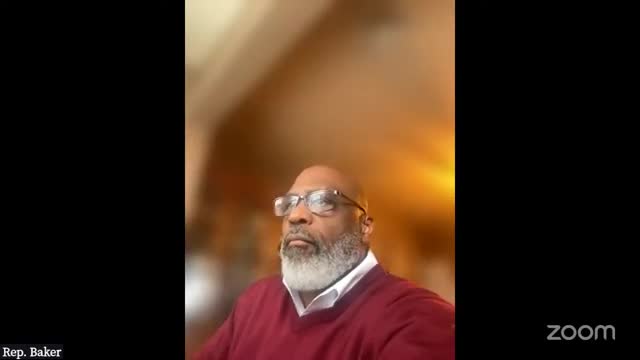Connecticut Banking Committee opens 2025 session, flags fintech and housing finance ahead of March 13 deadline
Get AI-powered insights, summaries, and transcripts
Subscribe
Summary
The Connecticut General Assembly Banking Committee met Jan. 9 for an organizational session. Co-chairs and members introduced themselves, nonpartisan staff were named, and lawmakers identified digital assets/FinTech and housing finance as early priorities as the committee moves toward a March 13 deadline.
The Connecticut General Assembly’s Banking Committee convened Thursday, Jan. 9, for an organizational meeting in which co-chairs and members introduced themselves, staff were named and committee priorities — notably digital assets/FinTech and housing finance — were flagged ahead of a March 13 committee deadline.
Committee co-chair Representative Jason Doucette of the 13th House District opened the session and described the meeting as “just an organizational meeting, essentially, as we ease into session here.” He introduced the committee’s Senate co-chair, Senator Pat Billy Miller, who said she was “honored” to return and was pleased to serve again on the panel.
The meeting served mainly to reintroduce returning members, welcome new members and name nonpartisan staff. Representative Doucette noted “a good number” of bills that had been left unfinished last year and said the committee would aim to move some of those measures this year. He also said the committee would monitor federal developments — particularly in digital assets and the FinTech space — that could require state-level response.
“We may see quite a few changes on the federal level, that will necessitate us, perhaps taking a different approach here on the state level,” Representative Doucette said during his remarks.
Members who spoke during the session emphasized the committee’s bipartisan, collegial nature and said it typically handles a manageable docket. Senator Eric Berthel and several House members, including Representative Farley Santos and Representative Jamie Foster, offered brief remarks about returning to the panel and the work ahead. Senator Paul Honig said his background in banking would inform his committee work. Several members — including Representative Joe Hoxha and a returning Representative Baker who joined remotely — also greeted colleagues and pledged to focus on underserved communities and small-business access to capital.
Nonpartisan staff introduced at the meeting included new committee clerk Tom Tugneri and assistant clerk Zaida Romero; staff from the Legislative Commissioner’s Office and the Office of Fiscal Analysis were also listed. Representative Doucette reminded members that the committee’s deadline to file proposals is March 13 and said the panel usually receives a relatively small volume of bills, which allows it to handle concepts and technical fixes efficiently.
No formal votes or motions were taken at the session. The co-chairs said members should watch for the next meeting notice, likely within one to two weeks, when the committee will begin reserving bills for hearings and advancing work for the 2025 session.
The meeting adjourned with the expectation of a prompt follow-up meeting to begin substantive hearings and bill reservations.
